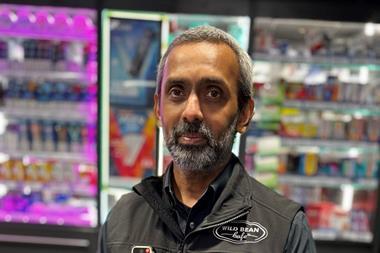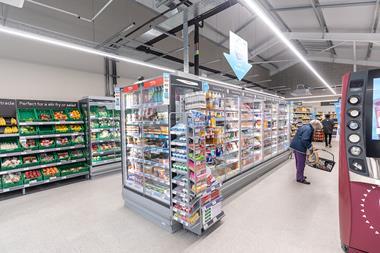
The retail industry has called on the government to carry out action on tackling repeat offending.
In the government’s ‘Beating Crime Plan’, it hopes to reduce crime, including neighbourhood crime and drug-related crime, through prevention, deterrents and enforcement.
The report paid particular attention to retail, stating: “shops are critical to areas, and often have become as much part of community identity as the church or pub and there has been too much violence targeted at retail workers and too much acquisitive crime on these premises”.
Figures from the 2021 Association of Convenience Stores (ACS) Crime Report show that there were over 40,000 violent attacks against people working in convenience stores and 1.1m incidents of theft over the last year, many of which committed by repeat offenders with a drug or alcohol addiction.
The Beating Crime Plan includes recommendations to:
- Ensure every single person living in England and Wales has access to the police digitally through a national online platform
- Improve the responsiveness of local police to 101 and 999 calls
- Expand the use of electronic monitoring for serious acquisitive offenders to a further 13 police force areas
- Encourage prison leavers to turn their backs on crime by securing employment
ACS chief executive James Lowman welcomed the announcement from the government. “We welcome the launch of this new plan and recognition of the unacceptable levels of violent crime and acquisitive crime faced by people working and operating local shops. We want to see Beating Crime Plan translate into real action for the National Retail Crime Steering Group (NRCSG) to take forward, creating meaningful changes for retailers and shopworkers.
“For too long now, the government has talked big on tackling crime in local neighbourhoods but delivered little. Local shops have no confidence that police forces have the resource to respond to crime in their shops including violent incidents.”
Lowman stressed the severity of the issue. “The problem of violence and abuse against colleagues working in our sector is getting worse, and these incidents have significant and long-lasting effects on the individuals and communities involved. We have long advocated for action to tackle the root cause of violence through diversionary programmes and ‘second chance’ programmes for prolific offenders with addiction problems – now it is time for the government to deliver”.



























No comments yet